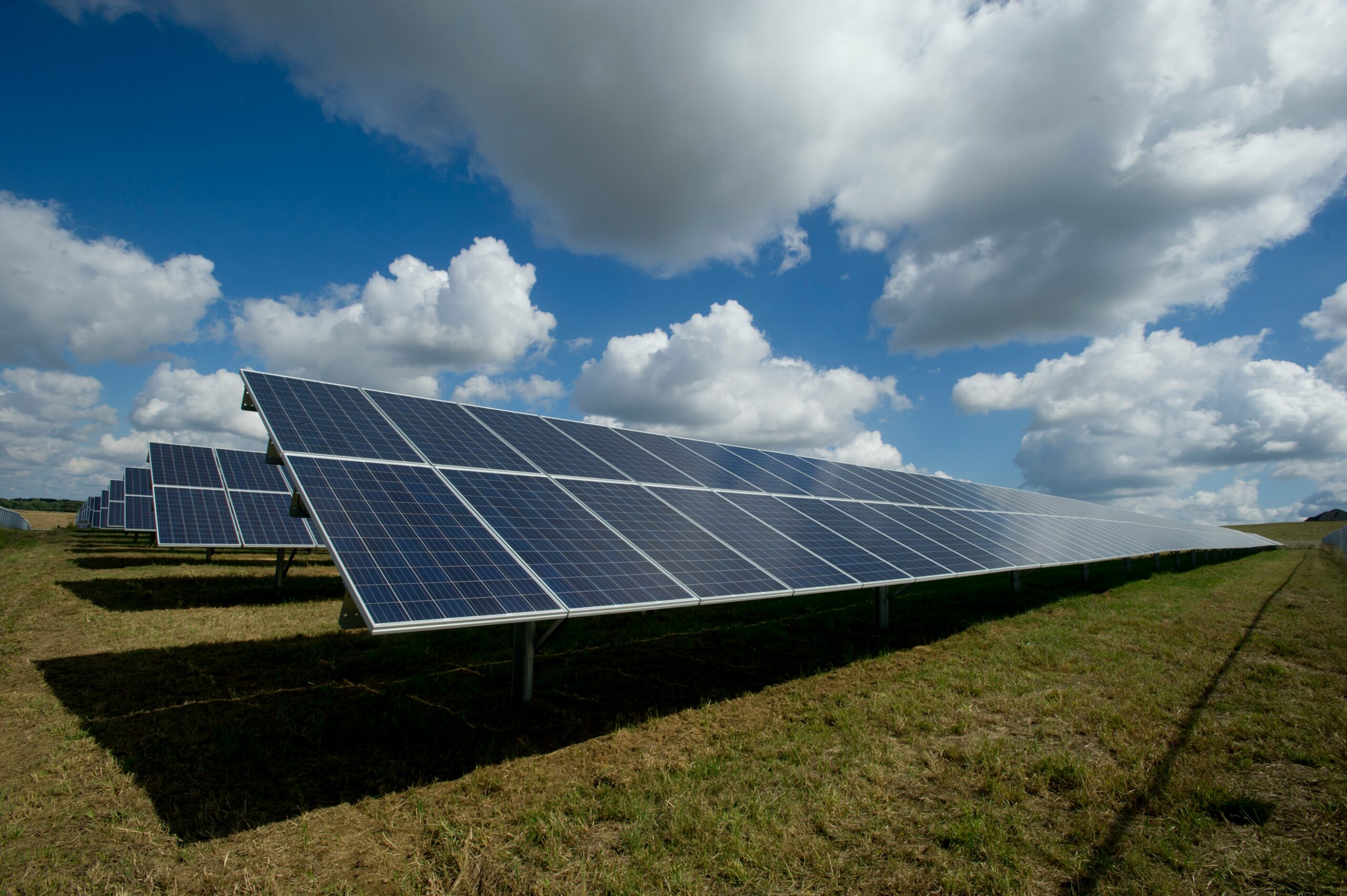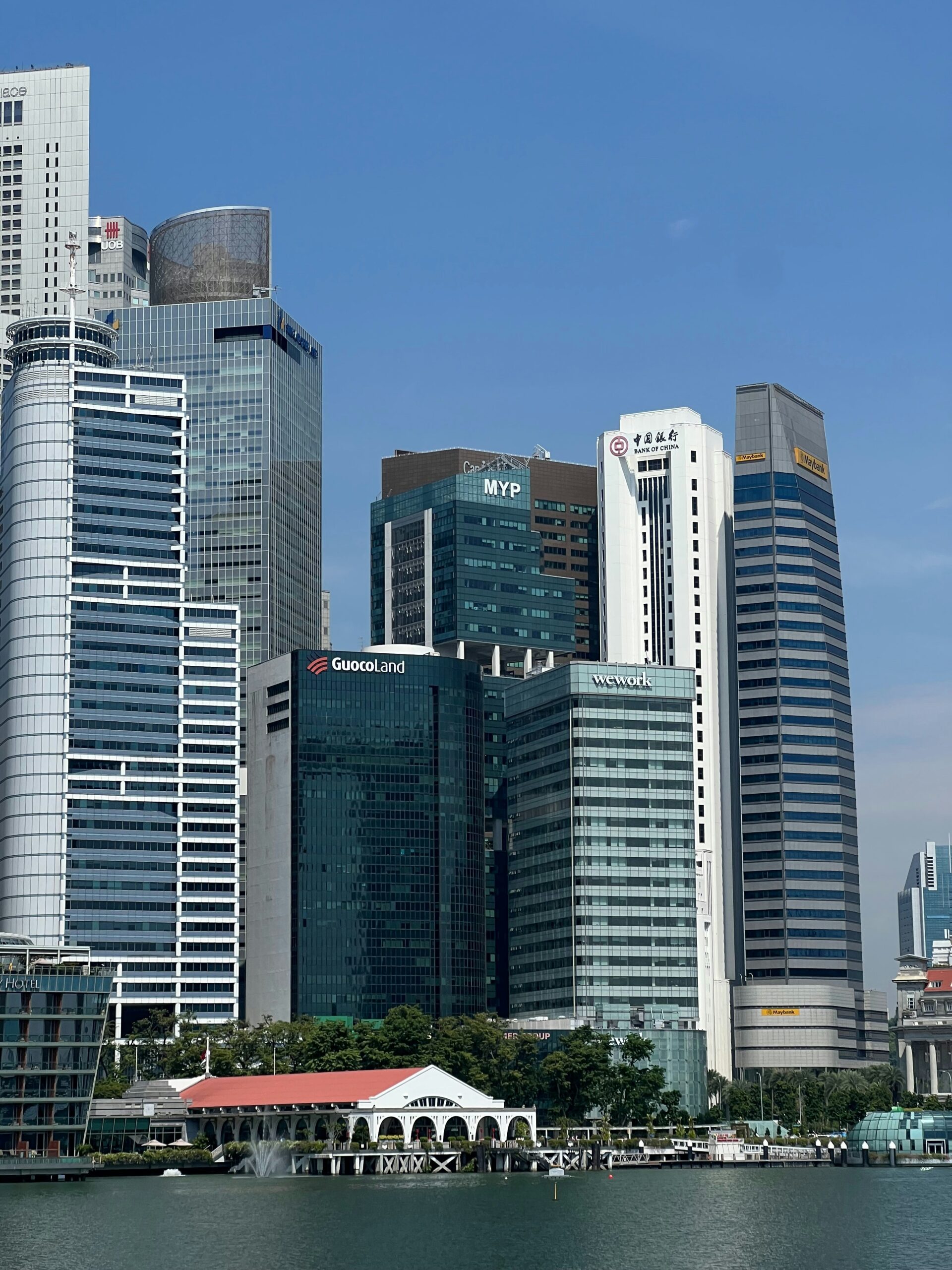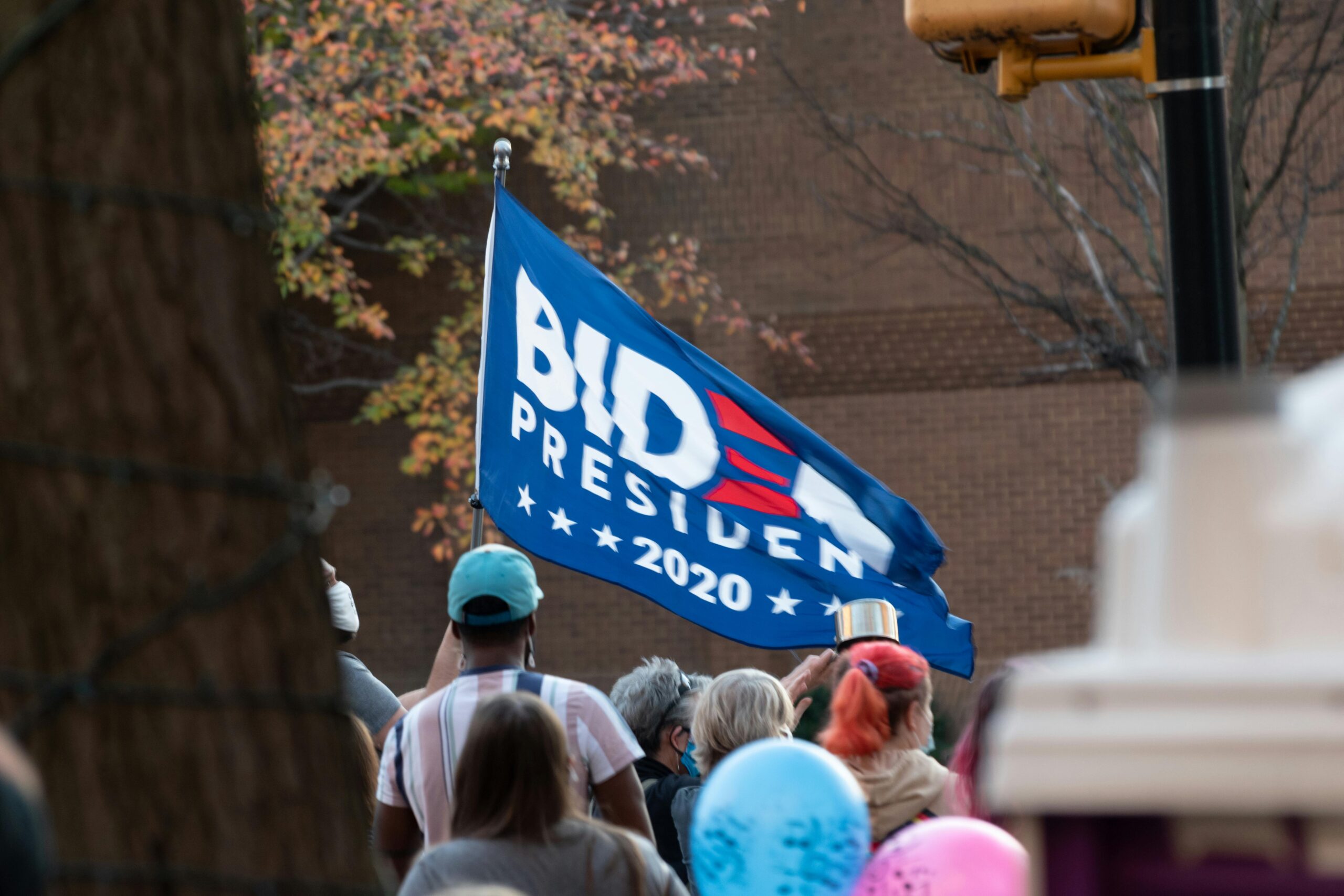Image credit: Unsplash
On Monday, November 25, the Drug Policy Alliance (DPA) published a draft executive order aimed at encouraging President Joe Biden and future administrations toward equity in federal marijuana policy. The proposal pitched reforms to be implemented via executive authority rather than waiting for congressional legislation.
“This proposal is not only a roadmap for President Biden to take action in the final days of his presidency,” said DPA director of drug markets and legal regulation Cat Packer, “but also a framework for future administrations to leverage executive authority to advance federal marijuana policies that are fair. The opportunity to lead on marijuana reform… is a responsibility for every administration committed to liberty, justice, and public health.”
An Advisory Council for Cannabis Policy
The DPA’s proposed order would establish a 15-member National Advisory Council for the advancement of equity and public health as it relates to cannabis policy under the White House Domestic Policy Council. They would be tasked with advising the presidential administration on areas of federal drug policy and drug criminalization leading to inequity and injustice.
The proposed order states: “This guidance should also expressly include, ‘preventing further inequities in arrests, convictions and prosecutions in the enforcement of federal marijuana laws and policies’ as a federal enforcement priority. This guidance should clarify that it shall not be an enforcement priority of the Department of Justice to seek prosecution or for any federal agency to take any punitive or retaliatory measures against a federal agency or employee acting in good faith for.”
A Coordination of Departments to Address Systemic Issues
If the DPA’s proposed executive order were to be implemented, the heads of the new council, the Domestic Policy Council, the Office of Management and Budget, and the White House Office of National Drug Control Policy, would need to review and submit a report on the order’s policies. In this review, they would examine “systemic barriers in accessing benefits and opportunities” as related to marijuana policies.
In the same vein, the order asks that the secretary of the U.S. Department of Health and Human Services work with the National Institutes of Health and Centers for Disease Control and Prevention to examine the health outcomes of cannabis laws across the country. The Department of Housing and Urban Development would address “barriers to federal housing benefits related to marijuana convictions.”
On a broader note, the order states that the Treasury Department would have to update existing federal guidance on the issue of marijuana banking, saying that cannabis convictions “shall not automatically be considered ‘red flags’ for the purpose of filing suspicious activity reports.” The issue of marijuana, as it relates to banking, has been a significant concern for marijuana businesses in legal states across the country.
“Federal agencies should take immediate actions to mitigate and address the harms of federal marijuana policies and drug policies,” the DPA’s proposed order states, “including harms associated with criminalization and related collateral consequences such as its impacts in civil systems.”
Existing Potential for Implementation
Whether Biden will choose to implement the proposed executive order is unknown, but Democratic members of Congress have been pushing him to expand his executive work as his term comes to a close. He has made marijuana pardons in the past, something which the DPA is also hoping to take advantage of with the proposal of this order. Additionally, Biden was part of the rescheduling directive which led the Justice Department to recommend moving marijuana to Schedule III, though the process is not yet complete.
In his speech at the Congressional Black Caucus Foundation’s 2024 Phoenix Award Dinner, Biden stated that his administration felt that criminalization over minor marijuana offenses was an outdated approach to the issue. The DPA hopes that Biden will be willing to expand on its recent actions and consider the implementation of its proposed executive order.







































































































































































































































